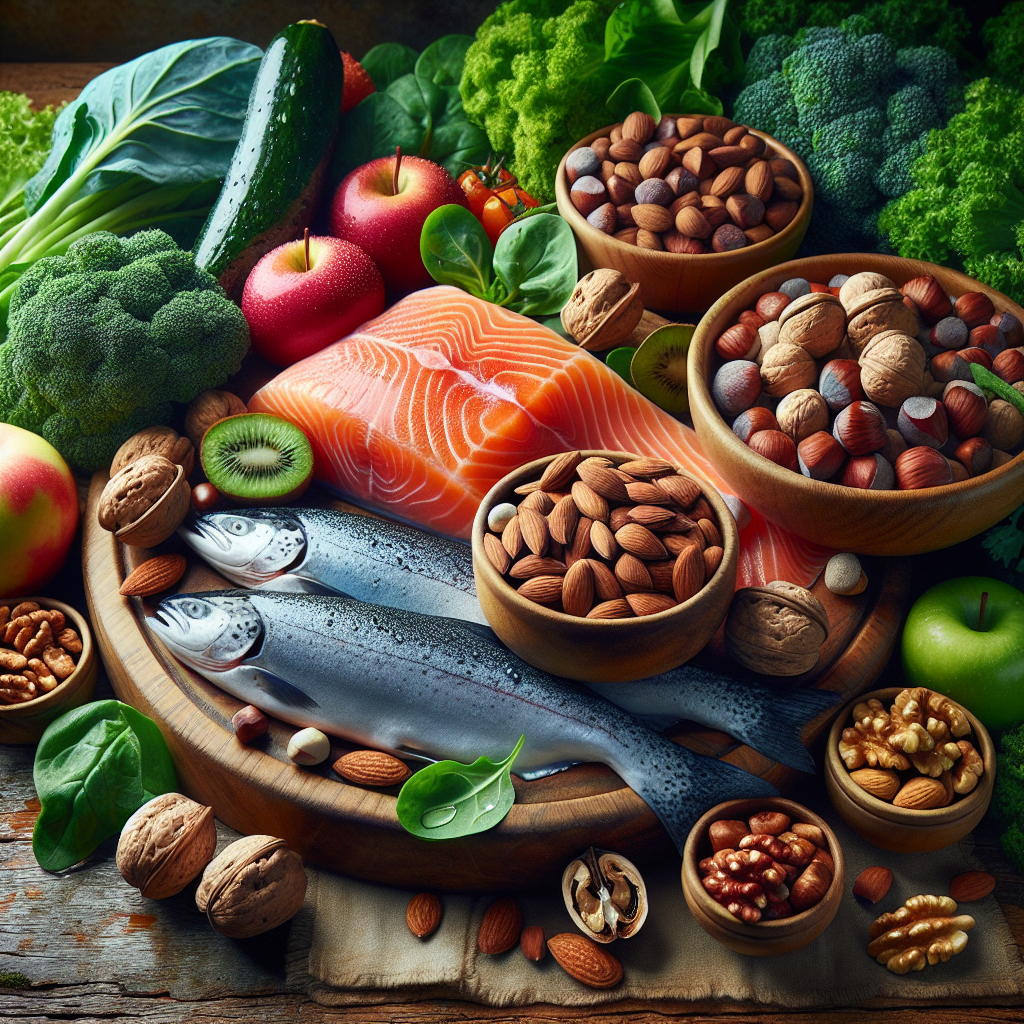Rosacea is a chronic skin condition that affects millions of people worldwide. Characterized by redness, swelling, and sometimes pimple-like bumps on the face, rosacea can cause significant discomfort and emotional distress. While there is no cure for rosacea, managing symptoms is possible with the right approach—and diet plays a crucial role.
Understanding Rosacea and Its Triggers
Before diving into dietary strategies, it’s essential to understand what rosacea is and what triggers its flare-ups. Rosacea symptoms can vary from person to person but typically involve persistent redness in the central part of the face. Visible blood vessels, swollen skin, and acne-like breakouts are also common. Various factors can trigger or worsen these symptoms, including environmental conditions, stress, and certain foods and drinks.
Linking diet to rosacea symptoms is not straightforward, but many people report that specific foods either trigger a flare-up or help to calm their skin down. Therefore, identifying personal triggers is a key step in managing the condition.
The Impact of Diet on Rosacea
Diet can affect rosacea in multiple ways. Certain foods and beverages can promote inflammation or affect blood flow, leading to the dilation of blood vessels in the face. This is why individualized dietary adjustments are pivotal in managing rosacea symptoms.
Foods to Avoid
It’s generally recommended that individuals with rosacea avoid the following:
- Hot and spicy foods: These can dilate blood vessels and increase redness.
- Alcohol: Especially red wine, which is frequently reported as a trigger.
- Hot beverages: Such as coffee or tea, which may cause flushing.
- Dairy products: For some people, dairy can exacerbate rosacea symptoms.
- High-histamine foods: Such as aged cheeses, smoked meats, and certain fish, as they can trigger an inflammatory response.
Beneficial Foods
Conversely, certain foods may help to manage rosacea symptoms:
- Anti-inflammatory foods: Omega-3-rich fish, flaxseeds, and walnuts can reduce inflammation.
- Antioxidant-rich fruits and vegetables: Berries, leafy greens, and other colorful produce can protect the skin.
- Foods high in fiber: These can improve gut health, which may be linked to skin health.
For more comprehensive advice on maintaining overall Skin Health, exploring in-depth resources is recommended.
Personalized Diet Plans
Given the variance in triggers and responses, a personalized approach to diet is essential. Keeping a food diary can be helpful in identifying specific foods that may cause or alleviate symptoms. Elimination diets, where certain foods are removed from the diet and then gradually reintroduced, can also be a useful way to determine triggers.
Supplementation
In some cases, dietary supplements may be beneficial. For example, omega-3 supplements can provide anti-inflammatory benefits if dietary intake is insufficient. Similarly, a probiotic supplement might support gut health, which could, in turn, benefit the skin. However, it’s important to consult with a healthcare provider before starting any new supplement regimen.
For insights into the best practices for Medication & Supplements, exploring targeted resources can provide valuable guidance.
Practical Tips for Managing Rosacea with Diet
Here are some practical tips for individuals looking to manage their rosacea symptoms through diet:
- Identify and avoid personal triggers: Use a food diary to keep track of what you eat and drink and note any flare-ups.
- Incorporate anti-inflammatory foods: Focus on a diet rich in omega-3 fatty acids, antioxidants, and fiber.
- Stay cool: Opt for room-temperature beverages and foods to minimize the risk of flushing.
- Be mindful of food preparation: Spices and cooking temperatures can turn a normally safe food into a trigger.
- Consider professional guidance: A registered dietitian or nutritionist can provide personalized advice.
Additional Strategies Beyond Diet
While diet is a significant factor in managing rosacea, it’s important to consider other lifestyle adjustments as well. Gentle skincare routines, stress management techniques, and avoiding harsh environmental conditions can all play a role in reducing flare-ups. For more strategies on caring for sensitive skin, consider the insights offered in the article on How to Choose the Right Moisturizer for Your Skin Type.
External Resources for Further Exploration
To further explore the connection between diet and rosacea, here are niche resources that offer in-depth information:
- The National Rosacea Society provides guidelines and research updates on rosacea management, including dietary considerations.
- The American Academy of Dermatology offers comprehensive resources on rosacea symptoms, triggers, and treatments.
- Scientific journals such as the Journal of the American Dietetic Association occasionally publish studies on the link between nutrition and skin conditions like rosacea.
Conclusion
Managing rosacea is a multifaceted challenge that requires a personalized approach, with diet being a central component. By understanding potential dietary triggers, making informed food choices, and possibly incorporating supplements, individuals with rosacea can take significant steps toward reducing their symptoms and improving their quality of life.
Remember, the journey to managing rosacea is personal and ongoing. Patience and persistence, in conjunction with professional medical advice, will go a long way in finding the right balance for your skin health.



